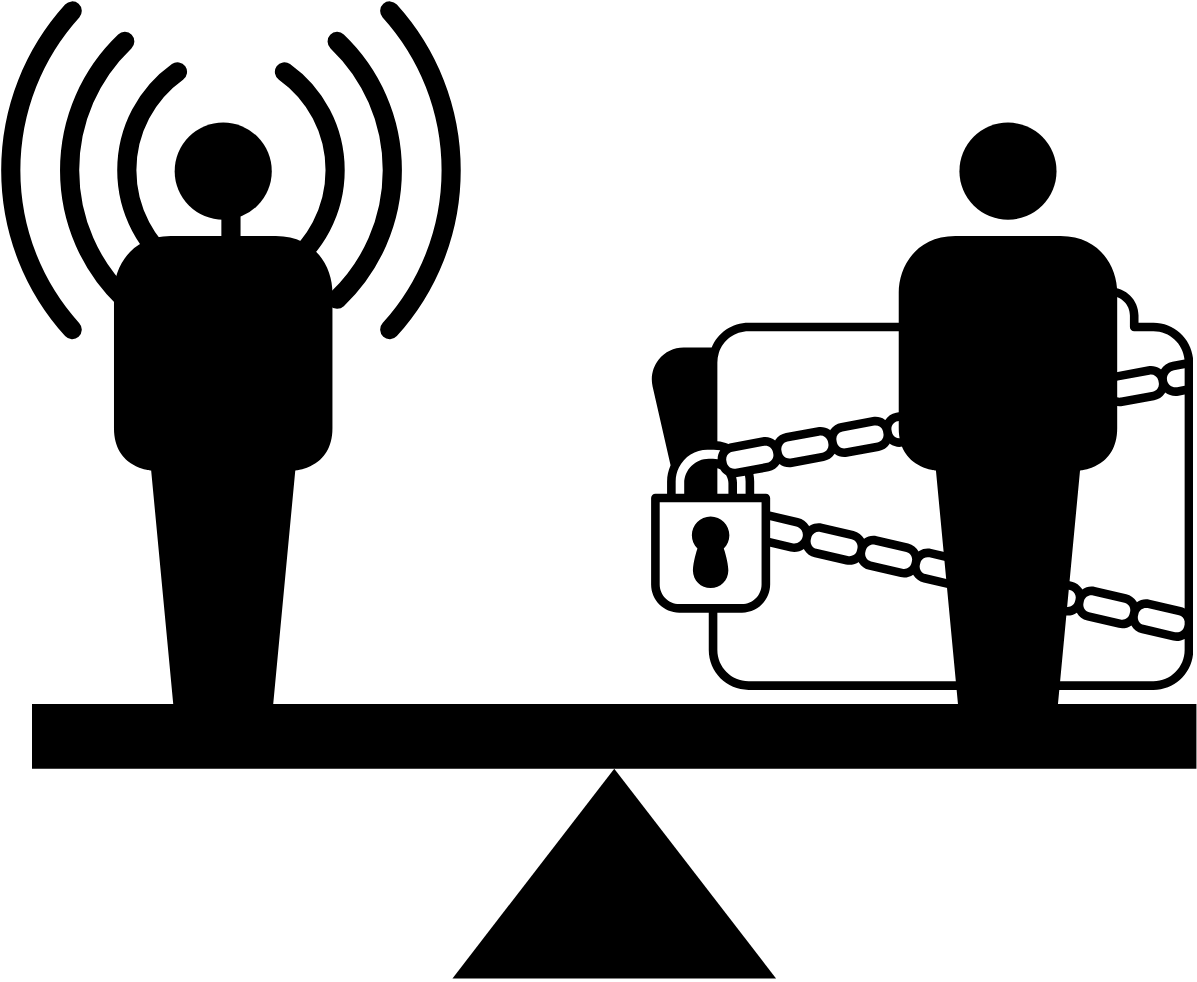Book Review - You Are Not Listening - Kate Murphy (Part VII)
Can you endure dead air when there are gaps in conversation? A hesitation or pause is often seen as unbearably awkward and something to actively avoid. These tiny habits actually have cultural differences. According to the research, doctor-patient interactions in Japan contain more silent than in America. A similar comfort with silence exists in Nordic countries. Finns place greater value on listening, modesty and privacy than Americans and many Western Europeans. In the book, the author indicated the pause on the order of seconds. If there is a long pause during a conversation. it often makes unfamiliar people uneasy. If you are familiar enough, being able to comfortably sit in silence is actually a sign of a secure relationship.
Sometimes, silence is what allows people to participate in a group. There is a generosity in silence but also a definite advantage. There is a new phrase derived from our high-tech era called lonely generation. We get used to being alone so the silence might also be a way when we want to engage in a new group. Then when to talk? It depends on the timing. You had better read people. It would be better if you can prepare several topics and pieces of news before attending the gathering event.
What content should you share with others? Gossip has a positive social function if you want to build or establish a social relationship with others. Why? It's interesting and everyone loves it. Besides, it makes you more friendly and proves that you are staying with the group all the time. You can be the clown in the event and make yourself the subject of gossip. This way, no one will be hurt by gossip. In addition, gossiping allows you to know who may be your opponent and who may be your enemy.
The author mentioned the importance of listening in her previous chapters. When should we stop listening? According to the British language philosopher and theorist Paul Grice, human beings have certain expectations in conversations unconsciously. It makes us less inclined to listen when the expectations are violated. It stems from the fact that communication is fundamentally a cooperative endeavor, so if we perceive our partners aren’t keeping up their ends of the bargain, we are going to feel cheated and want out of the deal. Grice summarized our conversational expectations in four maxims:
1. Quality - we expect the truth.
2. Quantity - we expect to get information we don’t already know and not so much that we feel overwhelmed.
3. Relation - we expect relevance and logical flow.
4. Manner - we expect the speaker to be reasonably brief, orderly, and unambiguous.
